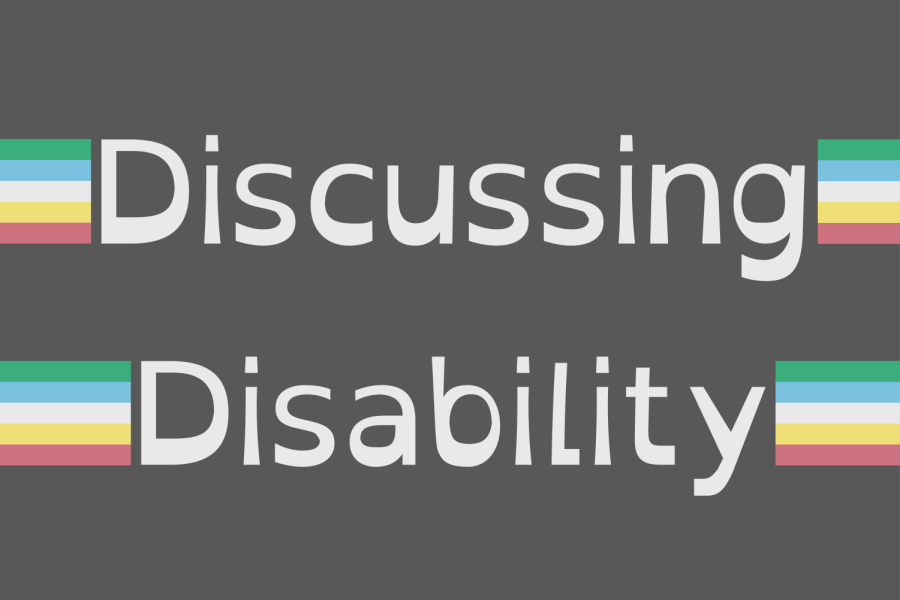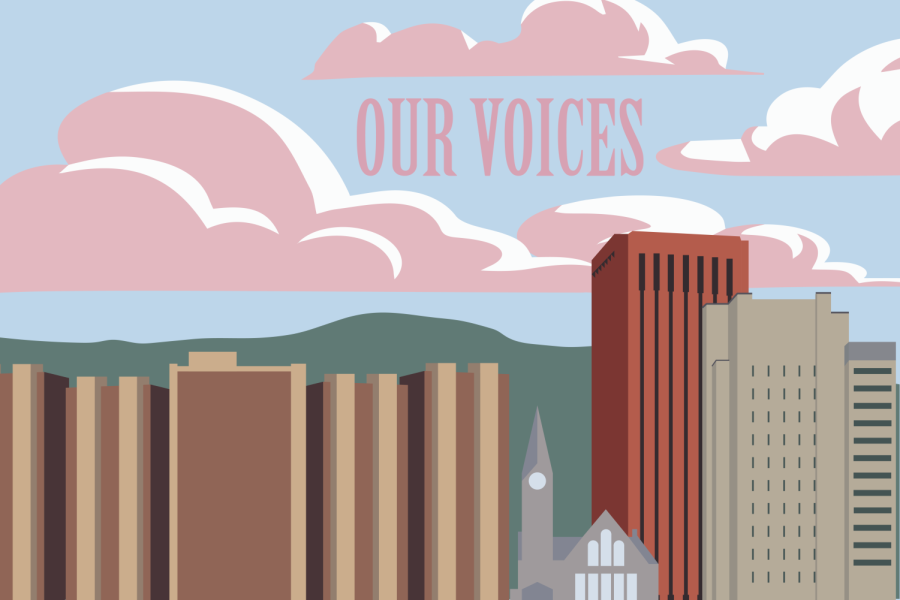In the five years that I’ve been friends with Katie, she has always been an amazing friend. I’ve never met someone more considerate or compassionate, a person who sees the good in everybody and who you can unconditionally trust.
In the summer of 2012, before Katie and I went off to separate colleges, she told me she was going to study nursing. I thought it was perfect. You know those people who just seem born to do a job? That was her.
I saw Katie sporadically over the next couple of years, a few times here and there when we were home on break, but not nearly as much as in high school.
Halfway through our senior year of high school, she started experiencing symptoms she couldn’t explain. Loneliness, sadness and hopelessness engulfed her, and she couldn’t shake these emotions. She didn’t know why. She cried every day because she felt worthless, and she felt worthless because she cried.
Katie graduated and went off to college and started a new, exciting chapter of her life in Chicago, but she still couldn’t move past the overwhelming emptiness that had consumed her.
It was the lowest time of her life, but she told nobody.
She was embarrassed. She felt damaged. She didn’t want to see a therapist because only “messed up” people saw therapists, and that wasn’t her. She didn’t want to be looked at differently – she didn’t want to be pitied, so she put on a mask.
I saw Katie every day in multiple classes during our senior year of high school, and I hung out with her on the weekends and over the summer, but I never imagined that something was wrong. She always had a smile on and she fooled us all.
In the spring after her first semester of college, over a year after she first experienced symptoms, she finally worked up the courage to tell her parents, after becoming tired of putting up the façade behind which she constantly hid. After seeing various therapists for a year, which helped little, she was officially diagnosed with depression in March 2014.
Shortly after the diagnosis, she opened up to a close friend about her struggle, and in April of this year she finally started “to feel like [her]self again.”
Almost three years later, she now has the tools to battle depression. Opening up to people in her life gave her condition less power over her, and instead of carrying the burden all by herself, it’s now shared by family and friends.
“My diagnosis didn’t affect any of my relationships,” she said. “I know that it’s a part of me and probably always will be, but having a support system makes it manageable.”
Fortunately, Katie’s story has a happy ending, unlike so many others. Depression afflicts over 14 million Americans every year, and in 2010, there were 38,364 deaths in the United States due to suicide. Approximately 80 percent of depressed people, however, respond positively to treatment.
The main problem with depression isn’t its treatability – it’s the stigma attached to it. The fact that one of my best friends didn’t tell even her parents for a year about something that so severely and profoundly affected her testifies to this – the unfounded assumption that depression is embarrassing, that depression is something to be ashamed of and that those suffering from depression will not be defined by who they are but by what their condition is.
I don’t know a single person who looks at Katie differently, though. I don’t know a single person who thinks she is weak because of something beyond her control. She is still the same sweet person who I met six years ago in geometry class.
This summer when I was at a friend’s house saying goodbye to everyone before we went back to school, Katie was telling me how at her job at a nursing home over the summer, she worked with many very sick people, some of whom passed away.
She spoke of their families and how they thanked her for her help in the face of inescapable heartbreak, and told her what a difference she had made in their loved ones’ final days. One man told her that he had been praying for a change and that she was like an angel sent down from God.
Sitting there, I recognized a truly beautiful person and wondered how someone like her could feel like the world didn’t want her, like the world didn’t need her. But the truth is depression doesn’t discriminate, and even the funniest and happiest and most successful people are at its mercy.
Thinking of all that we had been through since sophomore year of high school – and all of my own baggage I had thrown at her that she graciously accepted – I felt guilty for not knowing, not helping and being there but not really being there at all.
I couldn’t help Katie because she didn’t let me but I’m so thankful that she found the courage to do it herself.
If you think you may be suffering from mental illness, don’t be ashamed and don’t be silent either.
Tell somebody close to you. Seek help from professionals.
Chances are you have no idea just how much you mean to your friends and family and how much you can impact the world.
Who knows, you just might be somebody’s angel.
Steven Gillard is a Collegian columnist and can be reached at [email protected].


















Mary Woolson • Oct 2, 2014 at 8:32 pm
I thought you might appreciate my reflections on depression at http://www.synchronessence.com